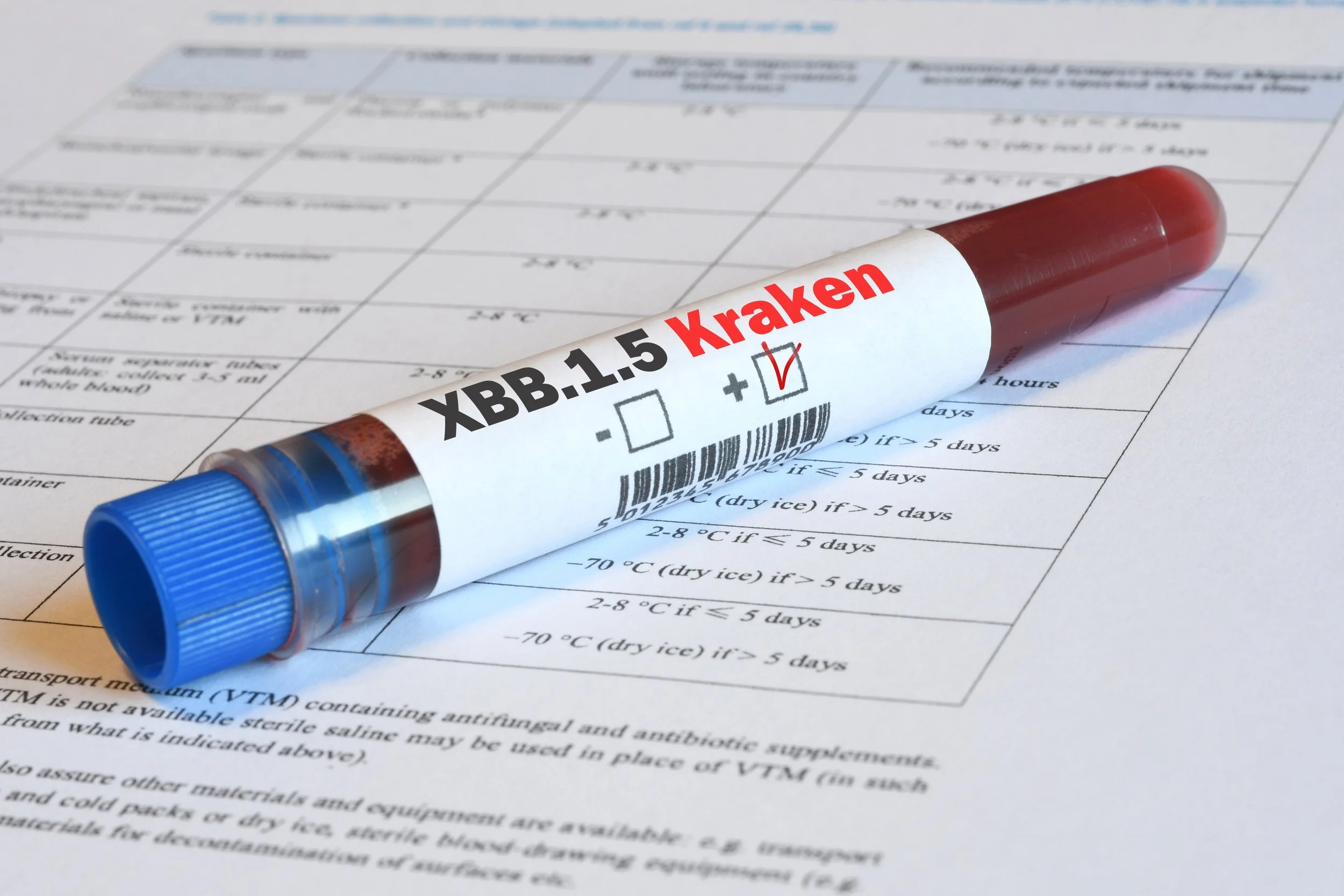The Kraken: Omicron Subvariant XBB.1.5 Sweeping Through the U.S.
Omicron subvariant XBB.1.5, dubbed the “Kraken,” is the most transmissible strain yet.
A new strain of COVID-19 has begun to spread rapidly in the United States. The Omicron subvariant XBB.1.5, nicknamed the “Kraken” due to its ability to spread so quickly, has risen drastically in the last month. Making up less than 2% of confirmed COVID-19 cases in December, the variant currently accounts for almost 50% cases in the U.S. In particular, the Kraken variant is spreading like wildfire in the New England area, making up 84% of cases.
The Kraken (XBB.1.5) has been detected in 38 countries so far, including Canada and the UK. Although the U.S. is currently the hotspot, Public Health Ontario has projected that the Kraken will account for nearly a quarter of all new COVID cases in the province by the end of the week, a major uptick from just 2% three weeks ago. Furthermore, the European Centre for Disease Prevention and Control (ECDC) predicts the Kraken will become the dominant strain in Europe within the next month.
Most transmissible strain yet
The World Health Organization has called the Kraken (XBB) the most transmissible strain of Omicron yet, more efficient and contagious than its predecessors. The Kraken is a recombinant virus subvariant made up of two strains of the Omicron lineage. As a result, these mutations have allowed the virus to evade more antibodies, making it easier to infect the body and bypass vaccines. However, the most concerning aspect of the Kraken is its spike proteins, which have mutated significantly to better bind to cells, exponentially increasing its ability to cause infection.
Luckily, there is no evidence to suggest that the Kraken is more severe than other strains. However, with the virus growing at a much faster rate than other strains, and all signs pointing to the subvariant being one of the most vaccine-resistant yet, the Kraken is becoming a big concern.
Controlling the spread
To slow the spread of the Kraken variant, public health officials are emphasizing the importance of following established infection control measures, such as wearing masks and washing hands regularly. In addition, the Vancouver International Airport has announced the expansion of its wastewater testing pilot program to assess the COVID-19 prevalence from various regions around the world and monitor for new variants of concern.
Wastewater monitoring is an important epidemiological tool to stop the spread of the Kraken, as infected individuals can shed pathogens through their bodily fluids, skin, hair, and stool long before they develop any symptoms. Kraken Sense is currently working with Public Health Canada and Toronto Pearson Airport to detect specific strains of COVID in local wastewater, providing health authorities with a clear picture of disease prevalence throughout the country.
About Kraken Sense
Kraken Sense develops all-in-one pathogen detection solutions to accelerate time to results by replacing lab testing with a single field-deployable device. Our proprietary device, the KRAKEN, has the ability to detect bacteria and viruses down to 1 copy/mL. It has already been applied for epidemiology detection in wastewater and microbial contamination testing in food processing, among many other applications. Our team of highly-skilled Microbiologists and Engineers tailor the system to fit individual project needs. To stay updated with our latest articles and product launches, follow us on LinkedIn, Twitter, and Instagram, or sign up for our email newsletter. Discover the potential of continuous, autonomous pathogen testing by speaking to our team.


